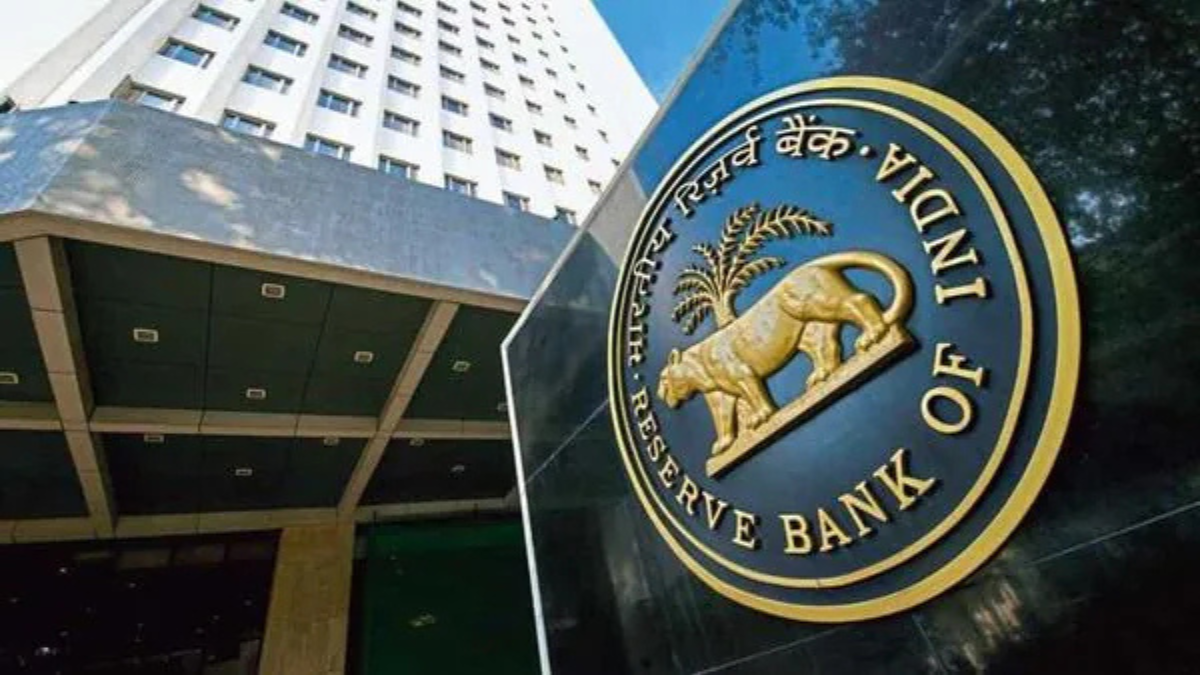The Reserve Bank of India (RBI) has recently taken strict action against several cooperative banks due to various regulatory breaches. This move comes as part of the RBI’s ongoing efforts to strengthen governance, improve transparency, and safeguard depositor interests within India’s cooperative banking sector.
Why RBI Acts Against Co-operative Banks
Co-operative banks often serve local communities and smaller towns, but in recent years, many have suffered from weak governance, inadequate internal controls, and occasional misuse of funds. The RBI, as the main regulator of banks, enforces laws like the Banking Regulation Act, 1949, to ensure that all banks, regardless of size, comply with fair lending practices, robust documentation, and proper risk management.
Nature of Regulatory Breaches by Co-operative Banks
The most common violations found in co-operative banks include:
- Lending to directors or their relatives, which leads to conflicts of interest. Section 20 of the Banking Regulation Act clearly prohibits such related-party transactions, yet violations persist in several banks.
- Non-compliance with Know Your Customer (KYC) and Anti-Money Laundering (AML) guidelines risks illegal or suspicious activities within the system.
- Failure to maintain capital adequacy and follow prudential banking guidelines threatens the financial stability of the bank.
- Lapses in regulatory reporting, weak cybersecurity frameworks, and poor documentation, especially in customer account management.
Examples of Recent RBI Actions
In 2025, the RBI penalised several co-operative banks for various breaches:
- The Mumbai District Central Co-operative Bank Ltd. (Maharashtra) was fined ₹2 lakh for giving loans to its own directors, violating Section 20 of the Banking Regulation Act.
- The Karaikudi Co-operative Town Bank Ltd. (Tamil Nadu) faced a ₹1.5 lakh penalty for not following directives on capital adequacy and KYC norms.
- In Telangana, multiple district co-operative central banks were fined for similar issues, including director lending and breaches of shareholder restrictions.
- In FY 2024-25, co-operative banks accounted for 264 penalties, totalling nearly ₹15.63 crore, the highest number among all banking sectors, pointing to persistent compliance problems in this segment.
Q. What legal provisions empower RBI to impose these penalties?
Ans. RBI uses Sections 20, 46(4)(i), 47A(1)(c), and 56 of the Banking Regulation Act, 1949, to impose penalties for non-compliance by co-operative banks.
Impact and Importance of RBI’s Actions
RBI’s strict approach serves several crucial purposes:
- It sends a strong message to all co-operative banks that weak governance and regulatory violations will not be tolerated.
- Penalties are used as corrective tools rather than just punishment. After a penalty, RBI typically orders banks to take corrective actions, hold frequent audits, and tighten internal controls.
- These actions help protect small depositors by forcing banks to follow safer, more ethical practices. In the long run, this boosts public confidence in the co-operative banking sector.
- RBI’s enforcement also sets the tone for other financial institutions, making India’s banking sector stronger and more reliable overall.




 Important Current Affairs Quiz for Bank ...
Important Current Affairs Quiz for Bank ...








